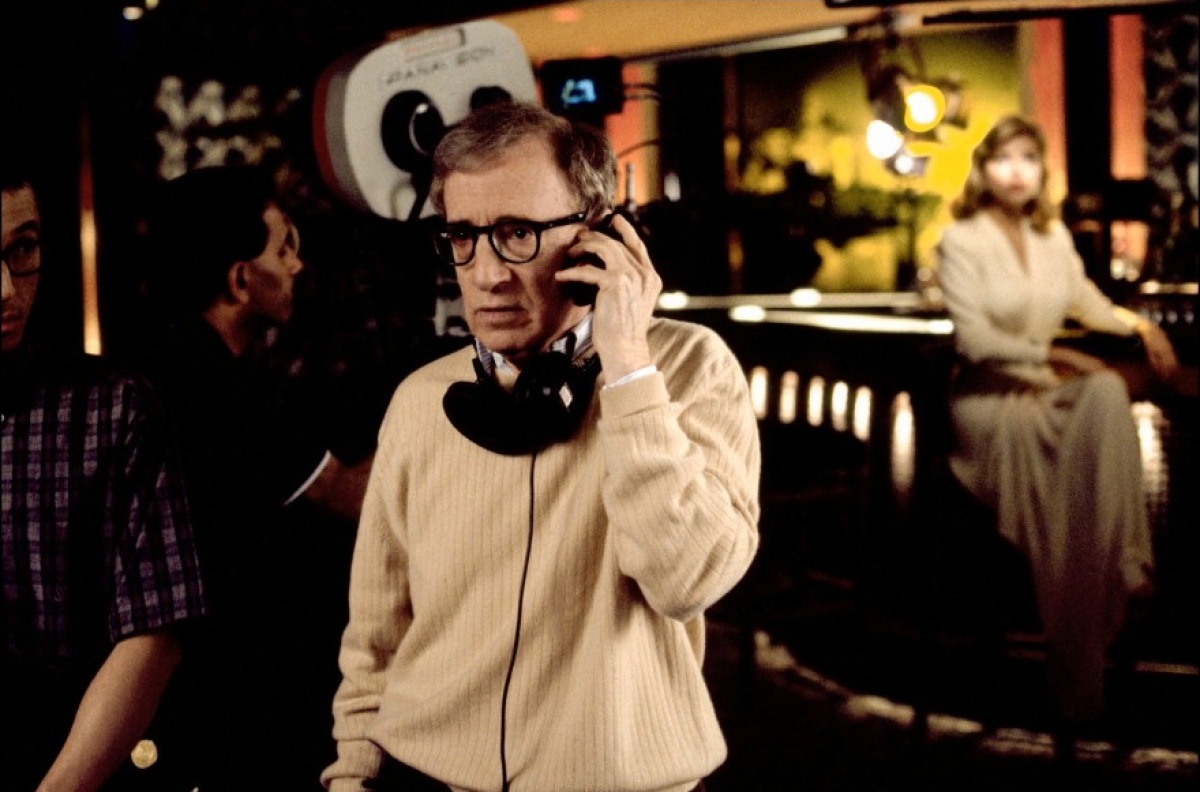
There’s a classic saying that no one sets out to make a bad movie – unless you’re a talentless hack, then it goes without saying. Still, if you skim through some of the highest-regarded filmmakers around, with a little patience you’ll find that awkward stinker.
It’s rare, but it happens, some times due to behind-the-scenes turmoil, or an elder statesman losing touch with the zeitgeist, or even simply an early entry before the director’s classic style had been finessed. Whatever the reason, let’s explore those awkward blotches on those otherwise spotless filmographies.
1. Martin Scorsese – Boxcar Bertha (1972)
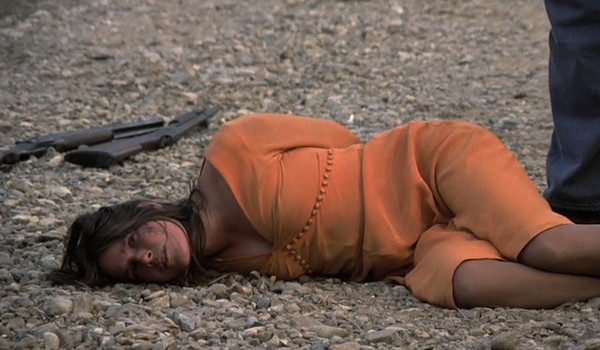
That’s correct, the greatest living American director slummed it for a paycheck in the early 70s with this uninspired “Bonnie & Clyde” cash-grab. Like several other successful filmmakers who found early work at Roger Corman’s AIP, Marty was only armed with a tight budget, break-neck scheduling, and a serious mandate for excessive boobs and blood.
With those kinds of producer notes, you can imagine there’s very little emphasis on plot and it obviously shows with a haphazard, messy excuse for a script that simply trudges forward to the next sleazy side-stop to appeal to the drive-in audience. Sure, there’s a half attempt at some sort of emotional connection, but you’ll hard pressed to care.
Still, for this type of grindhouse fare, it’s passable enough, with an effective shotgun finale, a ripe historical period, and Scorsese’s penchant for working with actors, resulting in above average performances from a young (and constantly nude) Barbara Hershey, David Carradine, and the ever-cool Bernie Casey.
Yet, it’s biggest crime is in it’s impersonal execution – even the rare misfire in Scorsese’s catalogue stands above your average Hollywood output due to his singular voice and stylish flourishes; however, “Boxcar Bertha” could’ve been made by anybody, adding up to a forgettable and shallow film experience.
After a personal screening, Scorsese’s mentor John Cassavetes told him “Marty, you’ve just spent a whole year of your life making a piece of shit” – sage advice, and a mistake that Scorsese never repeated.
2. Don Siegel – Jinxed! (1982)
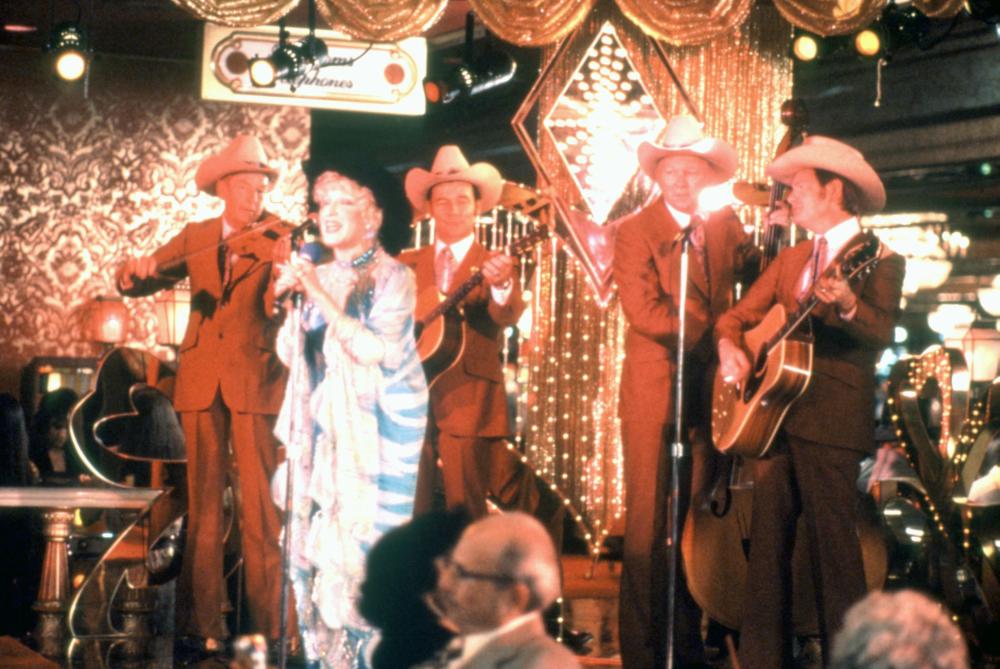
Siegel was a no-nonsense man’s man who enjoyed a strong 40 year career as director; amongst his achievements are a near flawless run of five films with close friend Clint Eastwood (“Dirty Harry” in 1971 being the high point) and the milestone horror yarn “Invasion of the Body Snatchers” (1956).
Sure, he was hardly a respectable auteur but he rarely made a film that was less than solid or intriguingly watchable, which makes the fact that his final movie – this awkward Bette Midler gambling comedy – all the more tragic for being the final word on his legacy.
In all fairness, the blame doesn’t fully fall on his feet, as it was an infamously troubled production – lead Ken Wahl hated Midler, Midler hated Siegel, and so forth. It all led to a painfully nightmarish ordeal that resulted in Siegel suffering a heart attack halfway through production (close friend and equally macho director Sam Peckinpah stepped in to do pick-ups as Siegel recovered).
What we’re left with is a confused experience, as we’re not sure what type of film it wants to be; it schizophrenically flips from romance to thriller to comedy, but it isn’t successful at none of them. It doesn’t help that Wahl is woodenly dull as our protagonist, and the usually reliable Midler is gratingly obnoxious as the love interest.
It all boils down to a baffling mediocre experience that lacks laughs, thrills, or anything really worthwhile. When asked about his experiences of making said film, Siegel replied: “I’d let my wife, children, and animals starve before I subjected myself to something like that again.” One feels the same about the viewing experience.
3. Peter Jackson – The Lovely Bones (2009)
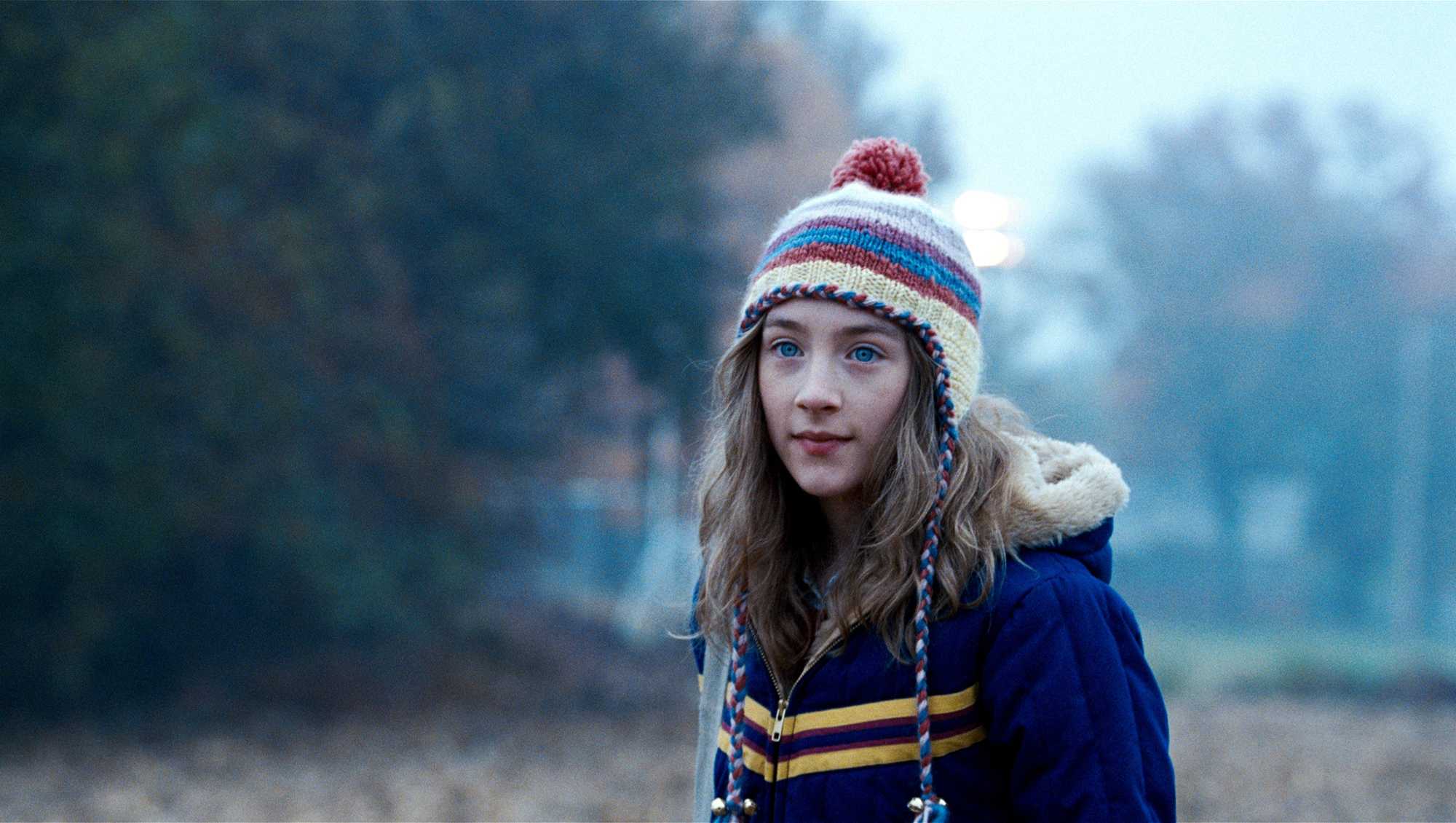
The epic success of the “Lord of the Rings” series catapulted low-key genre vet Peter Jackson into being the next Spielberg overnight. Subtle flaws began emerging from the tail-end of the famous trilogy though, with those negatives only growing when he tackled a remake of “King Kong” (2005). It had indulgent running times, way too much CGI, and an over-reliance on sentimentality prevented it from being the no contest slam-dunk most expected.
The announcement to adapt Alice Sebold’s dark yet fantastical hit novel was a promising concept, a chance for Jackson to return to his low-budget roots and make something with the subtle care put into his darkly sensitive masterpiece “Heavenly Creatures” (1994). However, that assumption would be dead wrong.
Saoirse Ronan played the tragically murdered girl who observes events around her death from the afterlife, and as her recent performance in “Brooklyn” (2015) proved, she has a commanding lead presence. However, here she is given nothing to do but mope around looking sad and deliver one of the most grating voice-overs in recent memory.
The rest of the usually reliable cast are similarly wasted (most painfully Mark Wahlberg as the miscast grieving father), hanging on for dear life as Jackson’s structural messy script swings from one tonally awkward scene to another. Only Stanley Tucci as a creepy serial killer is able to make any kind of impression, yet the wrap-up to his plot is such a misjudged attempt at crowd pleasing that it’s infuriating to witness.
It pains to say it, but Jackson had lost the stones to tell this sort of story – even the main character’s murder, which happens to be the inciting incident for everything that happens in this bloated film, is awkwardly missing like some haphazardly removed deleted scene (Jackson avoided filming because he thought it would traumatise Ronan).
It skirts all the darkness in the plot whilst shoveling on schmaltz and shoehorning nonsensical fantastical elements that simply make it a frustrating chore to sit through its two hour plus runtime.
4. Sidney Lumet – The Wiz (1978)
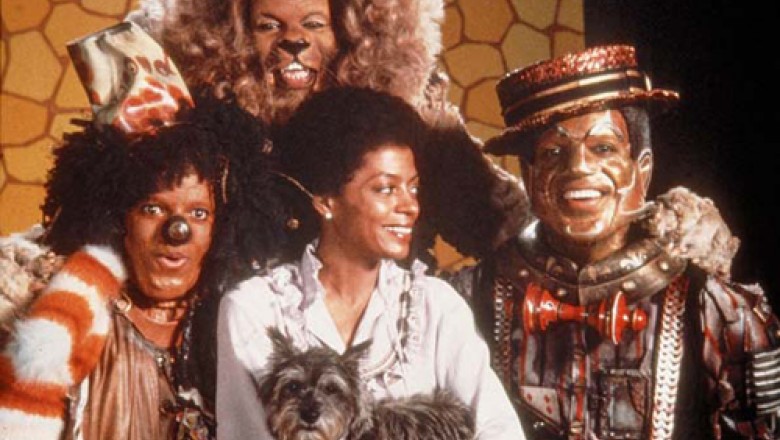
Sidney Lumet is a true actor’s director, who shepherded several powerhouse players to iconic performances (Pacino in “Serpico”, Henry Fonda in “12 Angry Men”), not to mention held an effortless skill in the gritty and authentic with a penchant for directing a handful of the best crime thrillers and courtroom dramas of all time (“Dog Day Afternoon”, “The Verdict”). So what coked-out studio executive thought it would be a great idea to hire him for an all black rendition of “The Wizard of Oz”?
In all fairness, the premise on it’s own had a steep mountain to climb just to justify itself; its only purpose to retell a classic story with an ethnic slant, but it comes across like a condescending disaster in the process.
Add to that, a mid-30s Diana Ross plays the teenage Dorothy – no doubt the lady can sing, but she lacks the skills to turn an epic miscasting around, and comes across as neurotic and high-strung instead of endearing and naive. Only Michael Jackson as the Scarecrow really lights up the screen with a scene-stealing turn that adds magic that’s lacking everywhere else.
You can imagine Lumet was excited to take on the challenge of a musical, but the combination just doesn’t work. If a visual stylist prominent in the era like Bob Fosse or Scorsese had come onboard, it could’ve had a visual pop to gloss it over the cracks, but as is, Lumet just adds insult to injury, shooting proceedings in awkward wide-shots whilst attempting to blend grimy New York locations with fantasy set dressing and shoddily clothed extras.
This bizarre ordeal was rightfully laughed off by critics and bombed at the box office; Lumet rightfully returned to his wheelhouse of grounded crime stories and didn’t attempt anything as wacky since.
5. The Coen Brothers – The Ladykillers (2004)
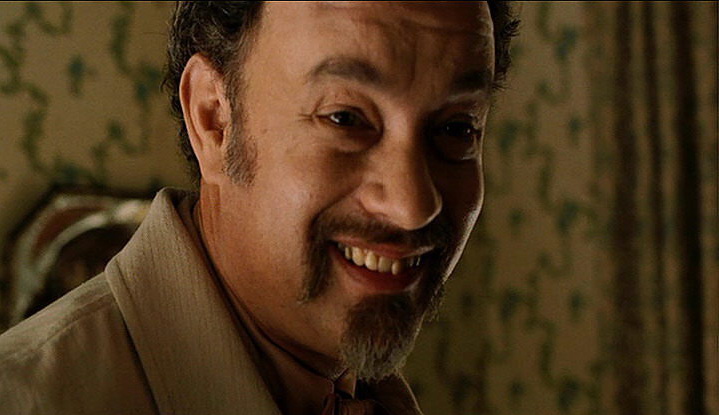
By the early 2000s, many film fans had just accepted that the Coen brothers were bulletproof, enjoying a flawless run of genre-hopping indies that ranged from great to greater, for going on two decades.
Most pointed at the earlier “Intolerable Cruelty” (2003) as their first stumble, but they obviously missed the fact that it handsomely achieved what it strived for – a loving homage to the Cary Grant era of screwball comedy. No, their remake of the 1955 dark comedy centred around a group bickering criminals attempting to off their elderly landlord is their only true indefensible failure.
It’s hard to put a finger on the pulse of what went wrong – the assured stylistic flourishes, the haunting Carter Burwell score, and a game cast are all there. Not to mention the fact that the Coens gel perfectly with pitch-black material with a comedic slant.
Yet the film in question and its cast of colorful characters lack the necessary eclectic appeal and come off as woefully unfunny and even worse, obnoxiously unbearable. It’s actually a straight-up painful experience to sit through, but who would have thought it possible?
Perhaps the fact that they swapped out their ever-reliable cast of stock players (John Goodman, Steve Buscemi, John Turturro, etc) for a group of unfamiliar faces for their canon (Tom Hanks, J.K Simmons, Marlon Wayans), who could’ve been inexperienced with their unique methods, was part of the problem.
Also an unavoidable flaw is the main crutch of the original film, regarding the unassuming but loveable targeted Granny, but with Irma. P. Hall’s aggressively bipolar spin on said role, you’ll be begging the villains to put a bullet through her brain before the mid-way point. Still, if there was a positive from this whole ordeal, it was the fact that the directing duo proved they were human after before bringing back their teflon skills to the directing chair with their next effort, “No Country For Old Men” (2007).
6. Francis Ford Coppola – Twixt (2011)
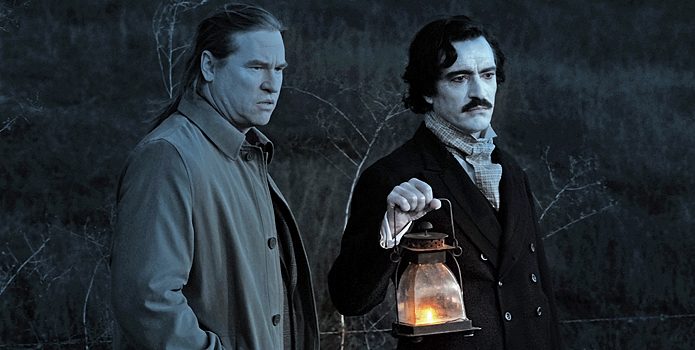
Coppola’s lengthy filmography is a rich if bumpy road filled with landmark classics, some fascinating experiments, some overindulgent yet watchable experiments, and a handful of passable money jobs. Yet with his last standing directorial effort he created a whole new category – un-watchable failure.
Pity, after getting his creative juices flowing by directing a few interesting indie movies in the mid-2000s, he made this rare venture into horror, a genre where he’s formerly shown promise; his rough-edged debut “Dementia 13” (1963) and his meaty adaptation of “Bram Stoker’s Dracula” (1992) are unsung titles in his backlog. Unfortunately, it results in a shameful ordeal as the old Maestro tries using the ‘hip’ techniques the youngsters are doing, and face planting himself in the most embarrassing manner possible.
The premise has Val Kilmer’s schlock novelist coming to a sleepy town to find inspiration for his new novel, and falling into a dark nightmarish underworld that wants to be part David Lynch dreamscape and part Roger Corman’s Poe series homage, yet sadly it comes closer to a dated, early 90’s ‘full motion video’ game with beyond awful CGI and color grading, awkward editing, and bafflingly amateurish mise-en-scene. And for a scare-flick, it commits the worst crime of all – zero scares and zero atmosphere.
It also alludes to a thematic of staying true to your personal artistry, but you’ll be too busy collecting your jaw off the ground from this nonsensical abomination to notice, with a fun performance from Bruce Dern as a grizzly town sheriff being the sole watchable point. It’s hard not to recommend a Coppola film – even his failures can be bizarrely watchable – but in the case of this movie, I recommend never, under any circumstances, subjecting your eyeballs to it.